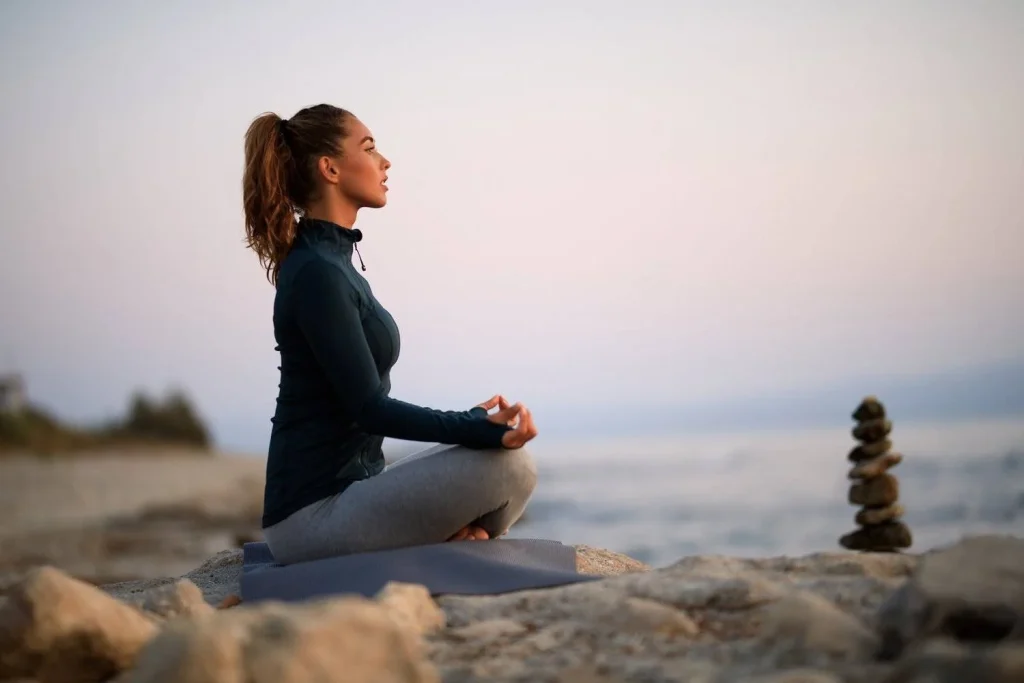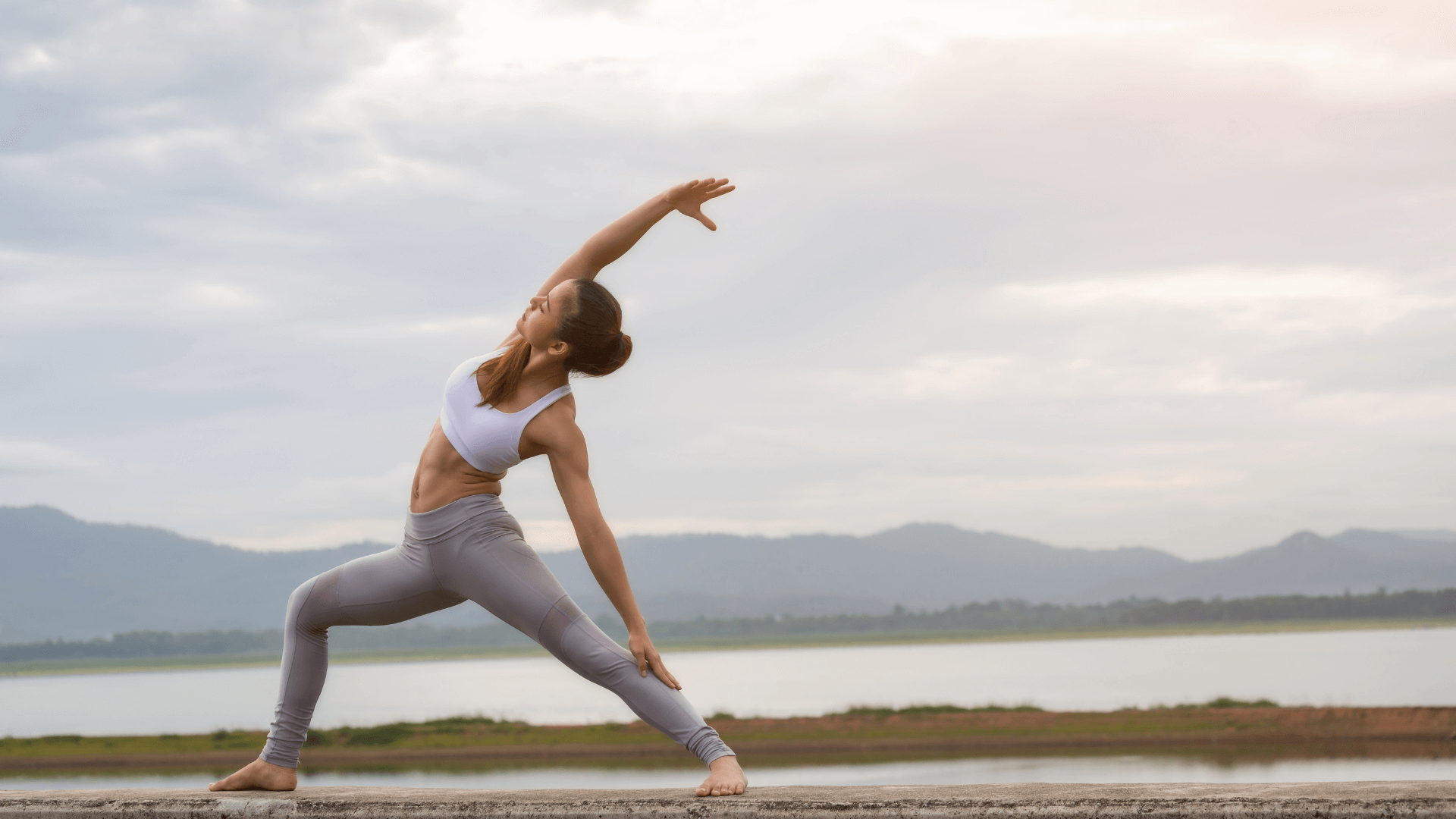Anxiety is a common mental health challenge that affects millions of people worldwide. From persistent worry to physical symptoms like a racing heart or tension headaches, anxiety can significantly impact daily life. While professional help and medication are important for some, many people seek natural methods to reduce anxiety without relying solely on pharmaceuticals. Fortunately, there are numerous strategies that can help calm your mind, balance your emotions, and improve overall well-being.
1. Practice Mindful Breathing

One of the simplest and most effective natural remedies for anxiety is mindful breathing. Anxiety often triggers rapid, shallow breathing, which can worsen feelings of panic and stress. By practicing slow, deep breathing, you can stimulate the body’s relaxation response. Try inhaling deeply through your nose for four counts, holding your breath for four counts, and exhaling slowly through your mouth for six counts. Doing this for a few minutes daily can help reduce tension, lower heart rate, and calm your mind.
2. Engage in Regular Physical Activity
Exercise is not just beneficial for physical health; it also plays a critical role in mental wellness. Activities such as walking, jogging, yoga, or swimming release endorphins—the body’s natural mood enhancers—which can reduce anxiety levels. Even a short 20-minute walk outdoors can help clear your mind, improve sleep, and decrease stress hormones. Incorporating regular exercise into your routine is a powerful and natural way to maintain emotional balance.
3. Practice Mindfulness and Meditation
Mindfulness and meditation are proven methods for reducing anxiety. Mindfulness involves focusing on the present moment without judgment, which helps prevent rumination on past events or worry about the future. Meditation practices, such as guided meditation, body scans, or loving-kindness meditation, can train your mind to stay centered and calm. Spending just 10 to 15 minutes a day meditating can have long-term benefits in managing anxiety naturally.
4. Improve Your Sleep Quality

Sleep and anxiety are closely linked. Poor sleep can exacerbate anxious thoughts, while chronic anxiety can make it difficult to fall asleep. To promote natural anxiety reduction, prioritize healthy sleep habits. Establish a consistent bedtime routine, limit screen time before bed, and create a calm sleeping environment. Herbal teas such as chamomile or valerian root may also help relax the body and improve sleep quality.
5. Reduce Caffeine and Sugar Intake
Caffeine and sugar can aggravate anxiety symptoms. High caffeine intake stimulates the nervous system, which may increase restlessness and nervous energy. Similarly, sugar spikes can lead to rapid fluctuations in blood sugar levels, causing mood swings and jitteriness. Reducing coffee, energy drinks, and sugary snacks can help stabilize your mood and keep anxiety at bay.
6. Incorporate Relaxing Activities
Engaging in activities that bring joy and relaxation can significantly reduce anxiety. Hobbies such as reading, painting, gardening, or listening to music provide a mental break from stress. Even simple relaxation techniques like taking a warm bath, practicing aromatherapy with calming essential oils, or spending time in nature can lower stress hormone levels and create a sense of calm.
7. Maintain a Healthy Diet

A balanced diet rich in nutrients can support brain health and regulate mood. Foods containing omega-3 fatty acids, such as salmon, walnuts, and flaxseeds, are particularly beneficial for reducing anxiety. Probiotic-rich foods like yogurt and fermented vegetables may also improve gut health, which has been linked to mental well-being. Staying hydrated and eating regular meals can prevent dips in blood sugar that might trigger anxious feelings.
8. Connect with Others
Social support plays a vital role in managing anxiety naturally. Talking to trusted friends or family members about your worries can provide relief and perspective. Participating in group activities or joining support communities also fosters a sense of connection, reducing feelings of isolation and stress. Sharing experiences and coping strategies with others can normalize anxiety and provide comfort.
9. Limit Exposure to Stress Triggers
While avoiding every source of stress is impossible, minimizing unnecessary triggers can help manage anxiety. For example, taking breaks from social media, limiting news consumption, or creating a structured daily schedule can reduce mental clutter and prevent overwhelming thoughts. Being mindful of your environment and proactively managing stressors is a practical approach to reducing anxiety naturally.
10. Seek Professional Guidance When Needed
While natural methods are effective, it’s important to recognize when anxiety requires professional intervention. If anxiety interferes with daily life, causes panic attacks, or leads to persistent insomnia or depression, consulting a mental health professional is crucial. Therapies such as cognitive-behavioral therapy (CBT) complement natural approaches and can provide structured strategies to manage anxiety long-term.
Conclusion
Reducing anxiety naturally is achievable through a combination of mindful practices, healthy lifestyle choices, and social support. By incorporating mindful breathing, regular exercise, meditation, proper sleep, and a balanced diet into your routine, you can cultivate resilience and calm your mind. Remember, managing anxiety is a journey, and consistent practice of these natural strategies can lead to lasting relief and improved emotional well-being.
